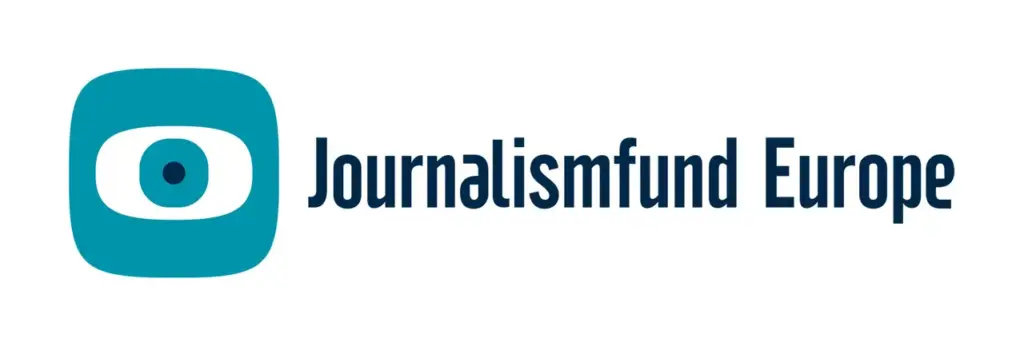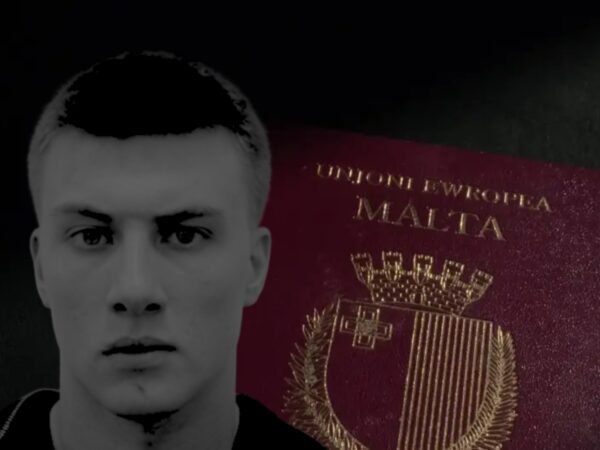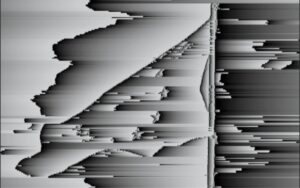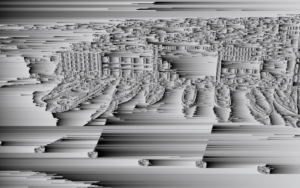Lawless Lets: Unlicensed Short-Term Rentals Boom And Outpace Enforcement
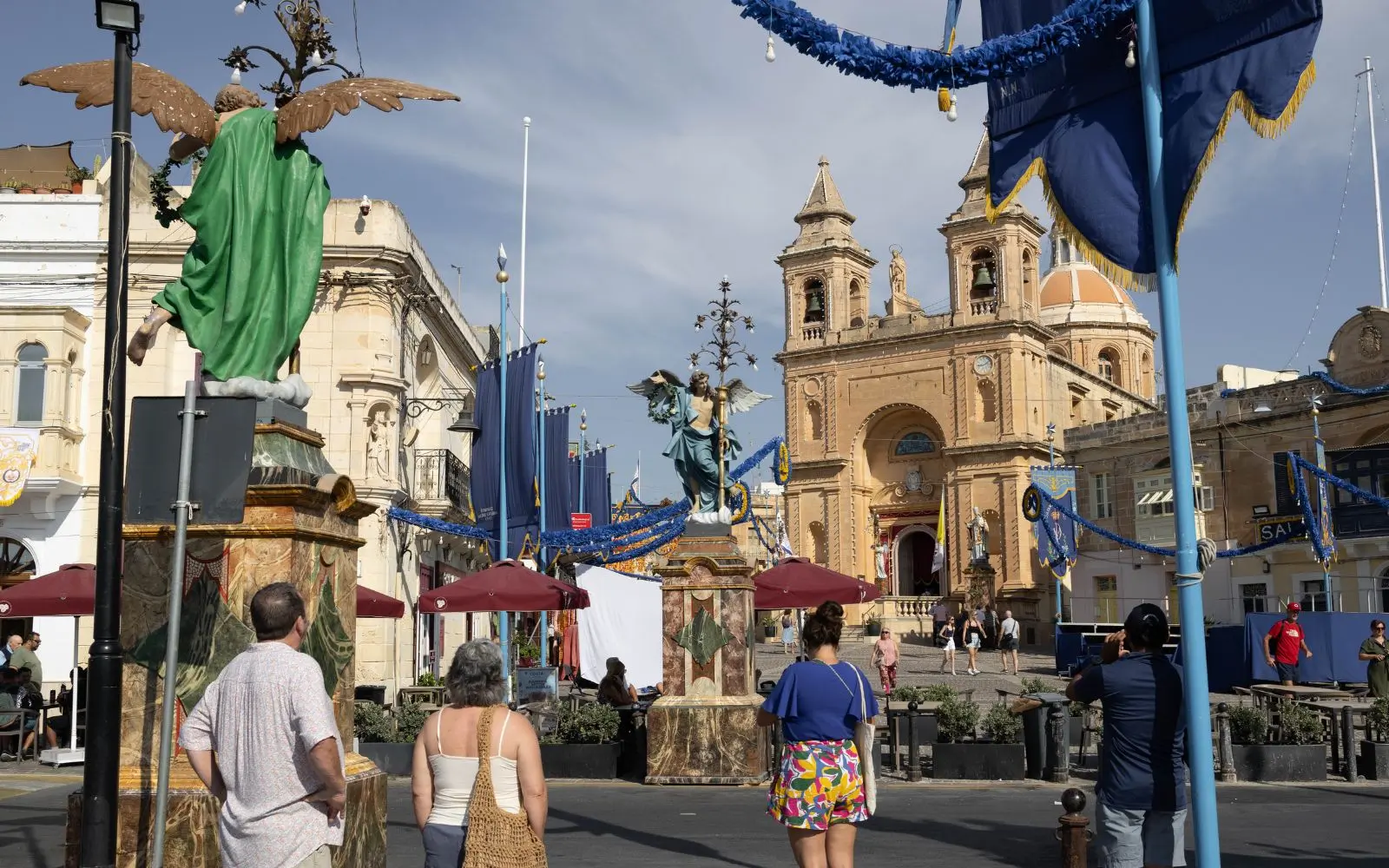
By Daiva Repečkaitė, Julian Bonnici and Sabrina Zammit
Photo credit: Joanna Demarco
- Approximately 1 in 5 Airbnb listings in Malta lack an MTA licence.
- Hotspots such as Gżira (46%), Sliema (30%), and St Paul’s Bay (28%) show even higher rates.
- MTA enforcement is struggling to keep up with the pace of the market.
- Between 2022 and 2023, not a single license was revoked.
- From 2026, new EU law will require platforms like Airbnb and Booking.com to share detailed monthly data with authorities.
Malta’s tourist boom is spilling far beyond its hotels and guesthouses. From Marsaxlokk to Mellieħa, ordinary homes are being converted into holiday rentals on Airbnb – often without a license and outside the very rules meant to regulate them.
Our investigation shows that about one in five listings across the island of Malta are unlicensed. The picture is starker in the main tourist hubs: nearly a third of all listings in Sliema and St Paul’s Bay are unlicensed, rising to almost half in Gżira.
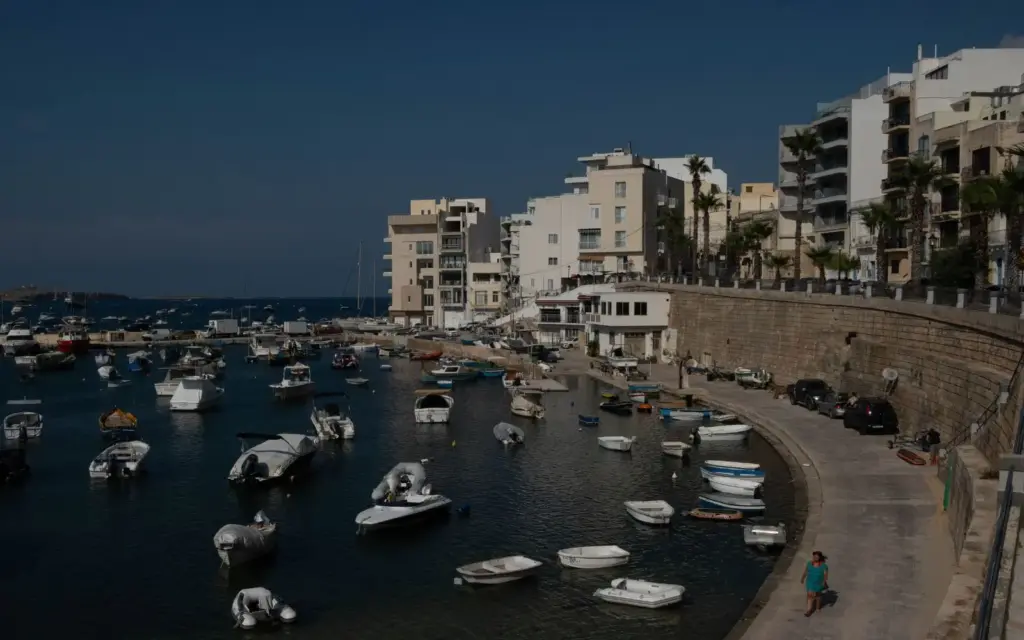
Still, enforcement remains lacking, with officials expected to monitor all of Malta and Gozo’s catering establishments, kiosks, travel agencies and other establishments, not including the over 9,300 listings on Airbnb alone.
Amphora Media’s investigation, carried out with support from Journalismfund Europe and in collaboration with Centro di Giornalismo Permanente, shows that almost every fifth liveable dwelling in Valletta, every ninth in St Julian’s, and every tenth in Sliema and Gzira has been converted into a short-let rentals advertised on Airbnb.
In Malta, the law clearly states that no one can run a holiday premises without the proper licence. When Airbnb listings include a field for licence numbers, it is tracked by Inside Airbnb. However, this field was blank across all listings in Malta.
On its website, Airbnb says, “the absence of a registration number does not mean the Host is not compliant—they’re just not required to register.”
In Istanbul, which was the focus of our partner’s investigation, the licence field was active and licence numbers were visible. Airbnb did not explain why Maltese listings do not show license numbers.
Calculating the absent licences
Our analysis is based on a conservative estimate of the gap between listings advertised and licences issued by the Malta Tourism Authority (MTA). To get a licence, properties must comply with rules on minimum bathrooms per person, emergency exits and lighting, and even a refuse collection service.
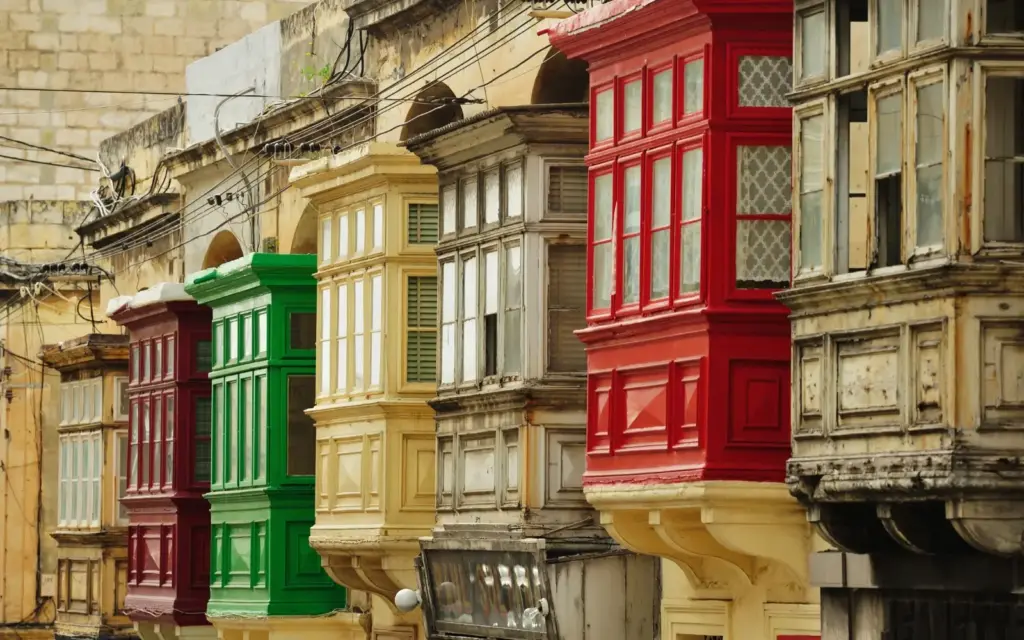
For holiday premises of the standard class, the annual licensing fee is €130 per year per unit if it is in Malta and €104 if in Gozo – a higher rate is charged for villas with pools and farmhouses; lower fees per unit are charged for clusters of various sizes.
A new EU law, which will apply from next year, will require large short-let platforms to send monthly data about this market to authorities.
“Cities are experiencing a spike in illegal short-term holiday rentals. This is making cities across Europe harder to live in and less affordable,” MEP Kim Van Sparrentak, who led the European Parliament’s work on the new law, said when it was adopted.
As part of the investigation, Amphora Media and partners analysed data collected from Airbnb and provided by an activist-led platform, Inside Airbnb, and publicly available government and census data to offer a closer look at a booming industry reshaping Malta’s tourism accommodation sector and fuelling growing tensions within residential communities.
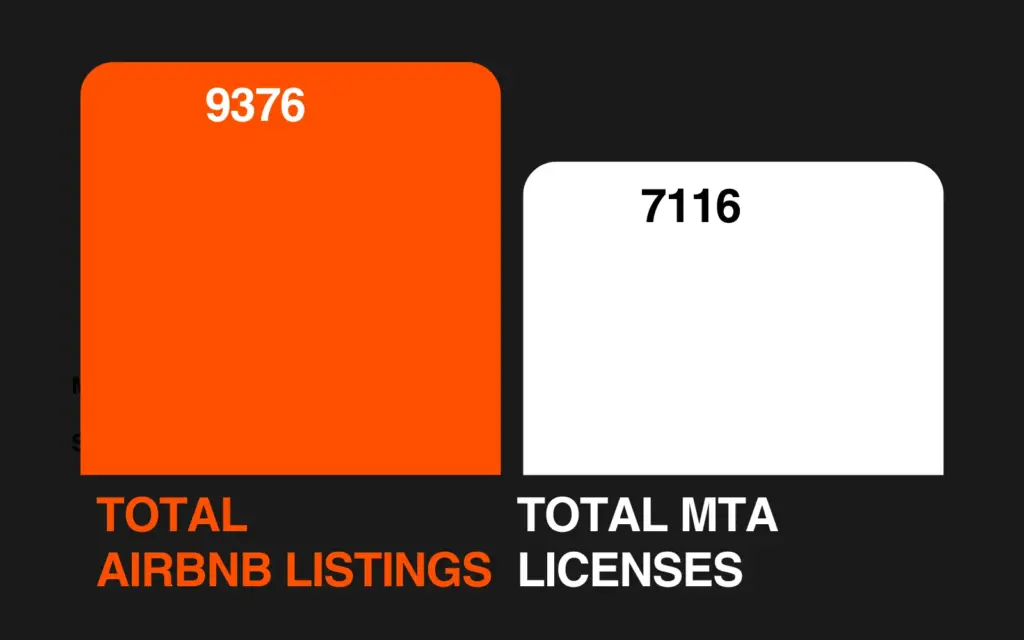
Inside Airbnb has collected data on over 9,300 active listings advertised on Airbnb in Malta. Separately, Inside Airbnb collected data on hosts who identified as businesses and provided their details to Airbnb.
MTA’s list of short-term rental licenses shows nearly 80,000 bed covers across 7,552 establishments. Among them, 7,116 are holiday homes. Guesthouses and hotels can also advertise on Airbnb.
How did we calculate this?
Total listings – Number of Licenses – Hotel/Guesthouse listings = Total Unlicensed
If you just subtract the number of licences from the number of Airbnb listings, the result can be misleading, because one licence can cover many rooms or apartments in the same place (like a hotel).
To fix this, we grouped listings that were at the same address or very close together (called “clusters”) and checked whether those with more than five belonged to hotels, hostels, or guesthouses
Our analysis indicates that in some areas of Malta, nearly half of the Airbnb listings are unlicensed.
From the total 9,376 active listings found on Inside Airbnb’s database, 50 listings could be traced to licensed hotels, 79 listings identified themselves as rooms in hotels or b&bs.
This is a conservative estimate, subtracting the number of MTA-licensed holiday homes from the total number of listings, after we identified & removed all collective accommodations and any listings that could not be confirmed or otherwise identified as such (390).
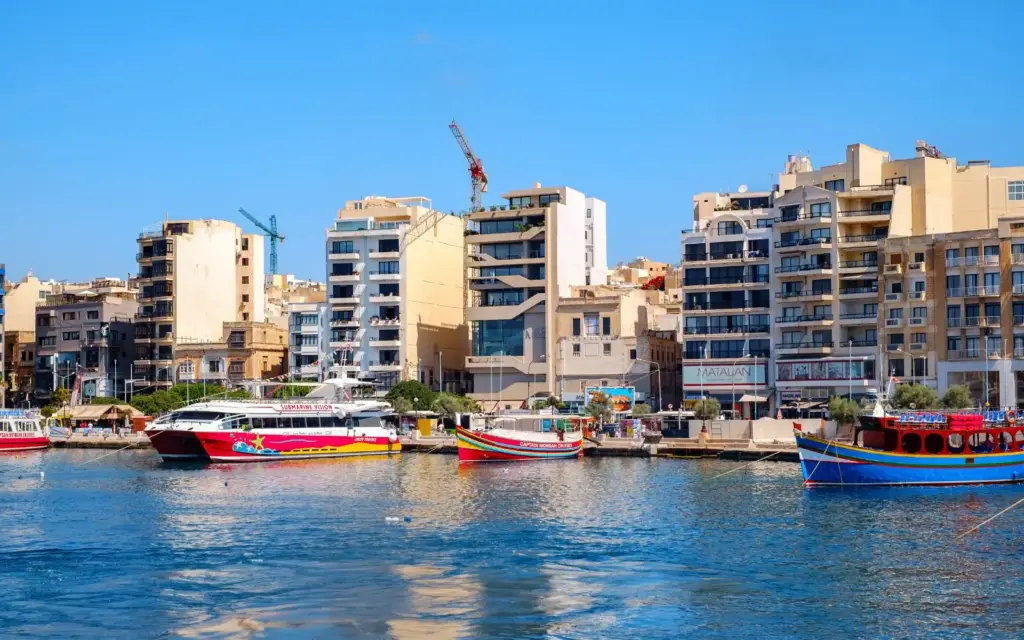
In Malta:
There are 8,044 active listings.
With 5,649 officially licensed holiday homes, it is estimated that around 1,925 listings are likely to be unlicensed – a quarter of all listings of the island and one in every 500 livable homes.
The Malta Hotels and Restaurants Association (MHRA) puts that figure even higher. Using data from VRBO to supplement that of Airbnb, an MHRA study conducted by Deloitte estimated that there could be as many as 10,043 short-term rental properties, around half of which are licensed.
“Alternatively, if one were to consider NSOs data on guest nights spent in private rented accommodation during the peak July and August period, then there should be at least 8,900 – 10,000 private rented accommodation units available to support the market demand,” the report reads.
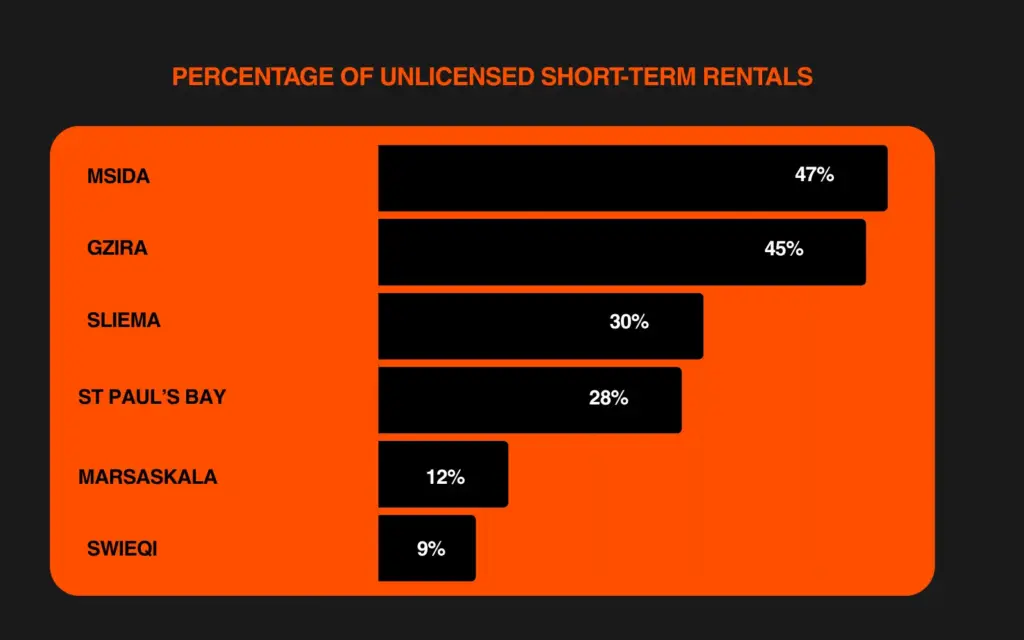
The data on unlicensed short-term rentals in Gozo is more complicated, hinting that many short-lets, licensed or unlicensed, are not advertised on Airbnb.
Gozo has 1,332 listings on the platform, but there are 1,465 MTA licences for holiday homes in Gozo. A search on Booking.com for a two-person stay at “Entire homes & apartments”, “holiday homes”, “apartments” or “villas” shows a total of 1,261 properties in Gozo.
MTA enforcement is not keeping up with the surging supply
Limited enforcement by the Malta Tourism Authority has led to a proliferation of unlicensed holiday accommodation providers.
According to data tabled in parliament, MTA carried out 1,771 inspections on new licensees and 2,839 routine inspections in 2023. However, this covers the licensing of catering establishments, kiosks, travel operators and other establishments.
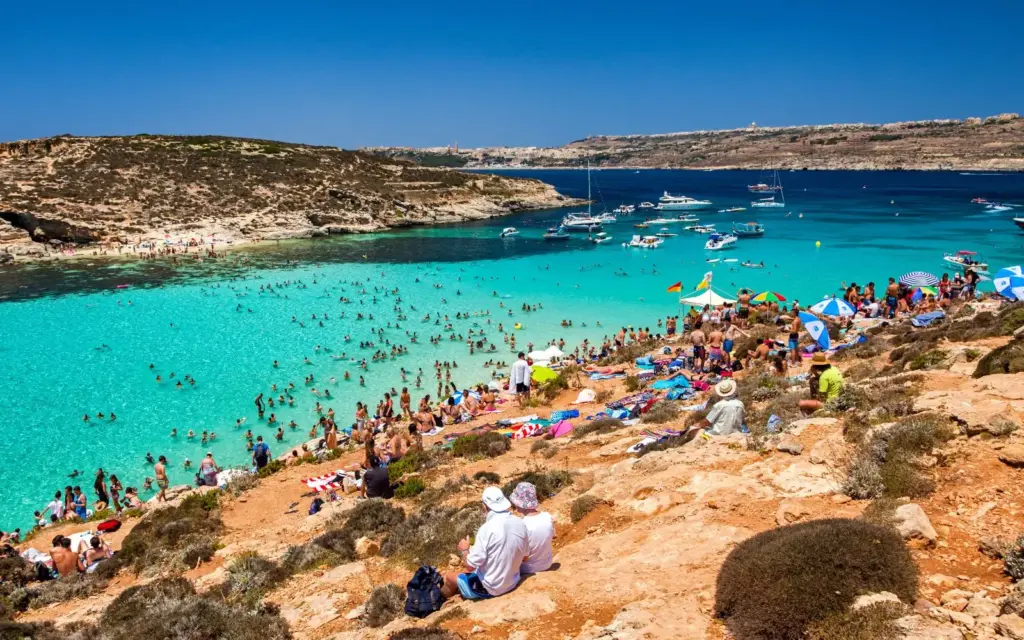
Meanwhile, there were just 474 inspections based on complaints in 2023. That’s over nine a week, despite there being an estimated 62,000 tourists on Malta’s streets every single day.
The numbers for Gozo are even weaker, with just 32 inspections on complaints across a calendar year. The southern region is even less, at just 24.
In 2022-2023, no licence was revoked.
Between January and March 2024, 250 tourist rentals were inspected. Details on whether any fines were issued or whether any licenses were revoked are yet to be provided following a freedom of information request.
It should be noted that the Inside Airbnb datasets used for this investigation are accessible to MTA as well. In 2023, laws changed, so the MTA must share all holiday premises data with local councils on request.
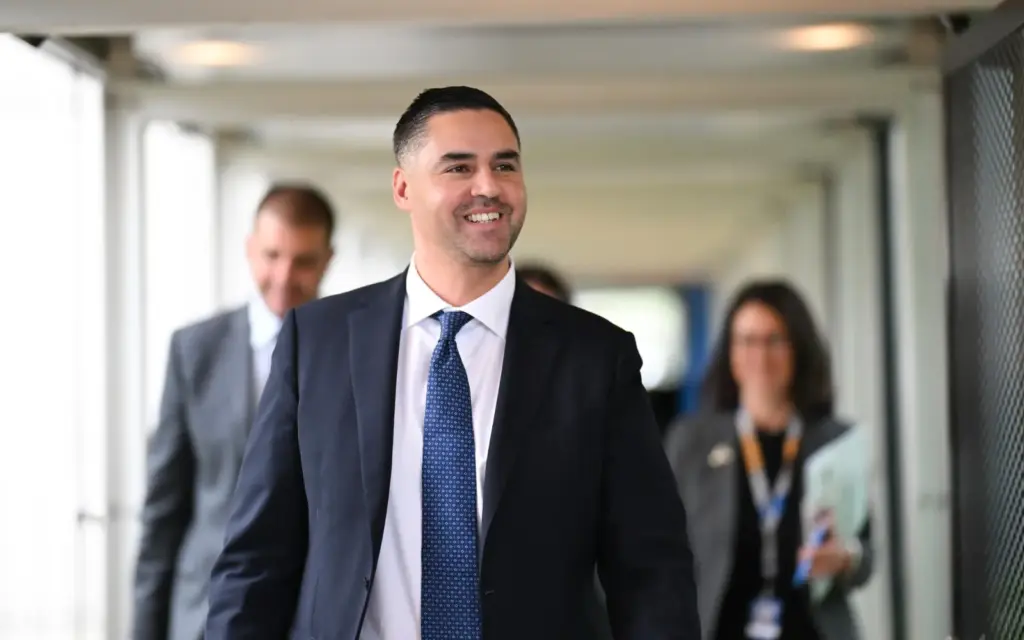
Tourism minister Ian Borg promised action in April, saying on an episode of Il-Kazin that the government has “the data from the platforms; the data we don’t have, we will continue to obtain. And whoever is renting [to tourists] without being registered faces fines that reach €23,000 — meaning we are not going to be joking about this.”
In August, Swieqi residents reached out to Booking.com and Airbnb to complain about suspicious listings and the negative impact of short-lets. Soon after, Swieqi’s Deputy Mayor wrote on Facebook that “Several listings from around six apartments have already been blocked, particularly those with just one or two registered guests, pending further investigation.”
Booking.com told Amphora Media that it has “a solid process in place for authorities to report any concerns, taking swift action to remove properties if they are found not to be operating in compliance with local laws.”
The Malta Tourism Authority and Airbnb did not respond to a request for comment.
Amphora Media also contacted 12 major short lets operators to ask how they manage licensing for their listings. None of them replied.
This investigation was developed with the support of Journalismfund Europe.
